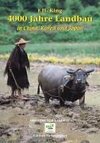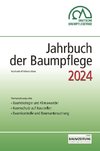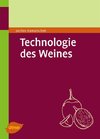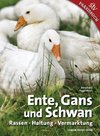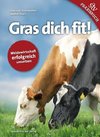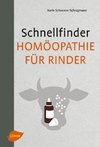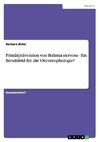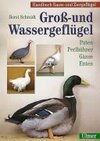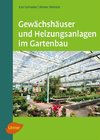
-
 Anglický jazyk
Anglický jazyk
Organic Versus Inorganic Fertilizer Management on Rice Yield
Autor: Jayani C. Jayasundara
Rice (Oryza sativa L.) is the staple food of a significant part of the population worldwide (FAO 1994). The vast majority live in developing countries where rice is closely associated with food security and political stability. Rice production and consumption... Viac o knihe
Na objednávku, dodanie 2-4 týždne
40.68 €
bežná cena: 45.20 €
O knihe
Rice (Oryza sativa L.) is the staple food of a significant part of the population worldwide (FAO 1994). The vast majority live in developing countries where rice is closely associated with food security and political stability. Rice production and consumption are among the highest in Asian populations (Muthayya et al., 2014). India, Myanmar, Thailand, Nepal and Sri Lanka have grown rice as the main crop. Approximately 34% (0.77 / million ha) of Sri Lanka's total cultivated area, 560,000 hectares in Maha and 310,000 hectares in Yala.One of the most important aspects of rice cultivation is fertilizer management. Currently, farmers have adapted to use inorganic fertilizers rather than organic fertilizers. However, the government of Sri Lanka has banned the importation of inorganic fertilizers, and they try to encourage farmers into organic cultivation. The system minimizes the use and efficiency of costly external inputs, such as synthetic fertilizers or pesticides (Ramesh et al., 2005). The organic materials are further decomposed and broken down by numerous microorganisms into smaller and soluble particles.
- Vydavateľstvo: LAP LAMBERT Academic Publishing
- Rok vydania: 2022
- Formát: Paperback
- Rozmer: 220 x 150 mm
- Jazyk: Anglický jazyk
- ISBN: 9786204981598
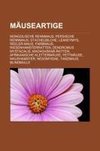
 Nemecký jazyk
Nemecký jazyk 